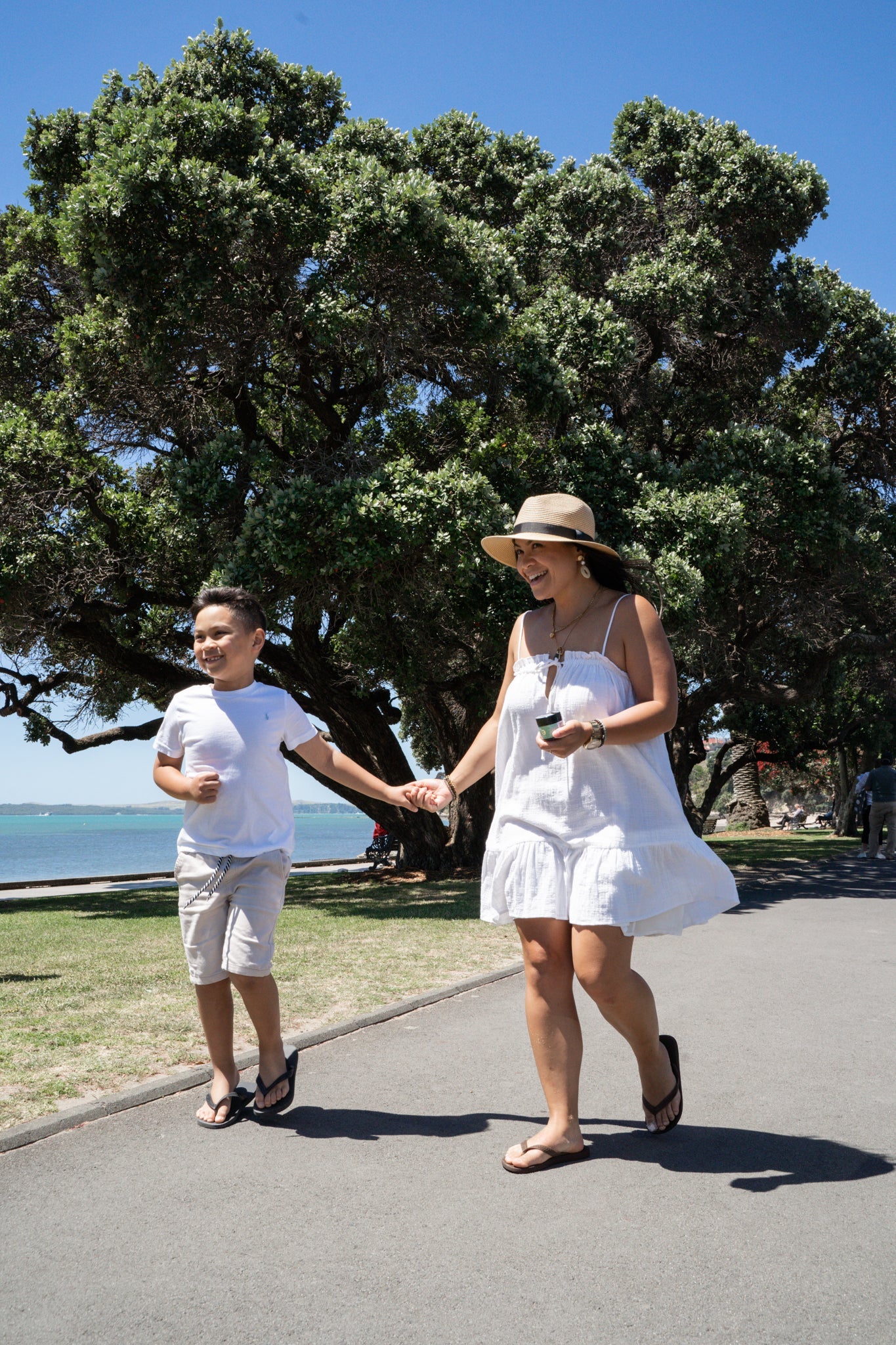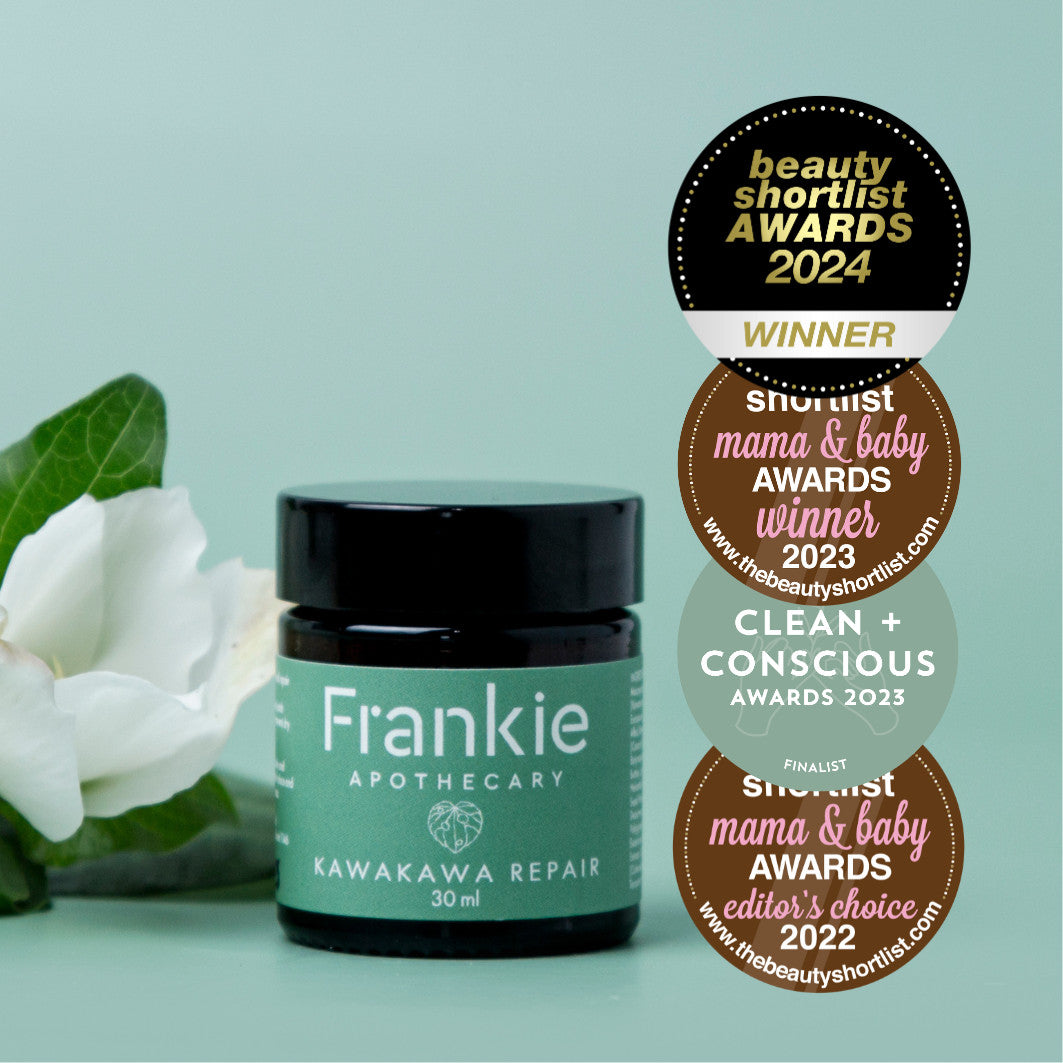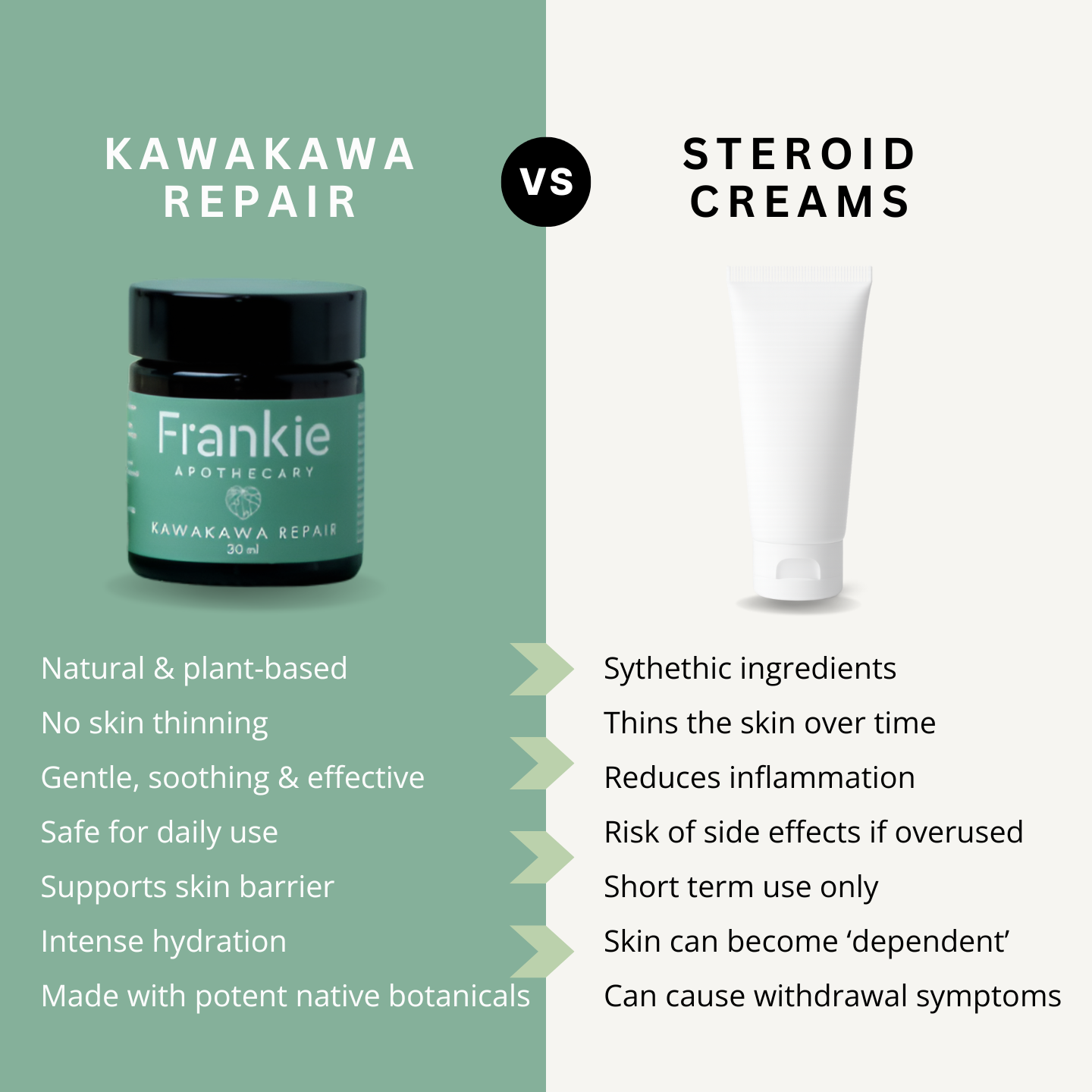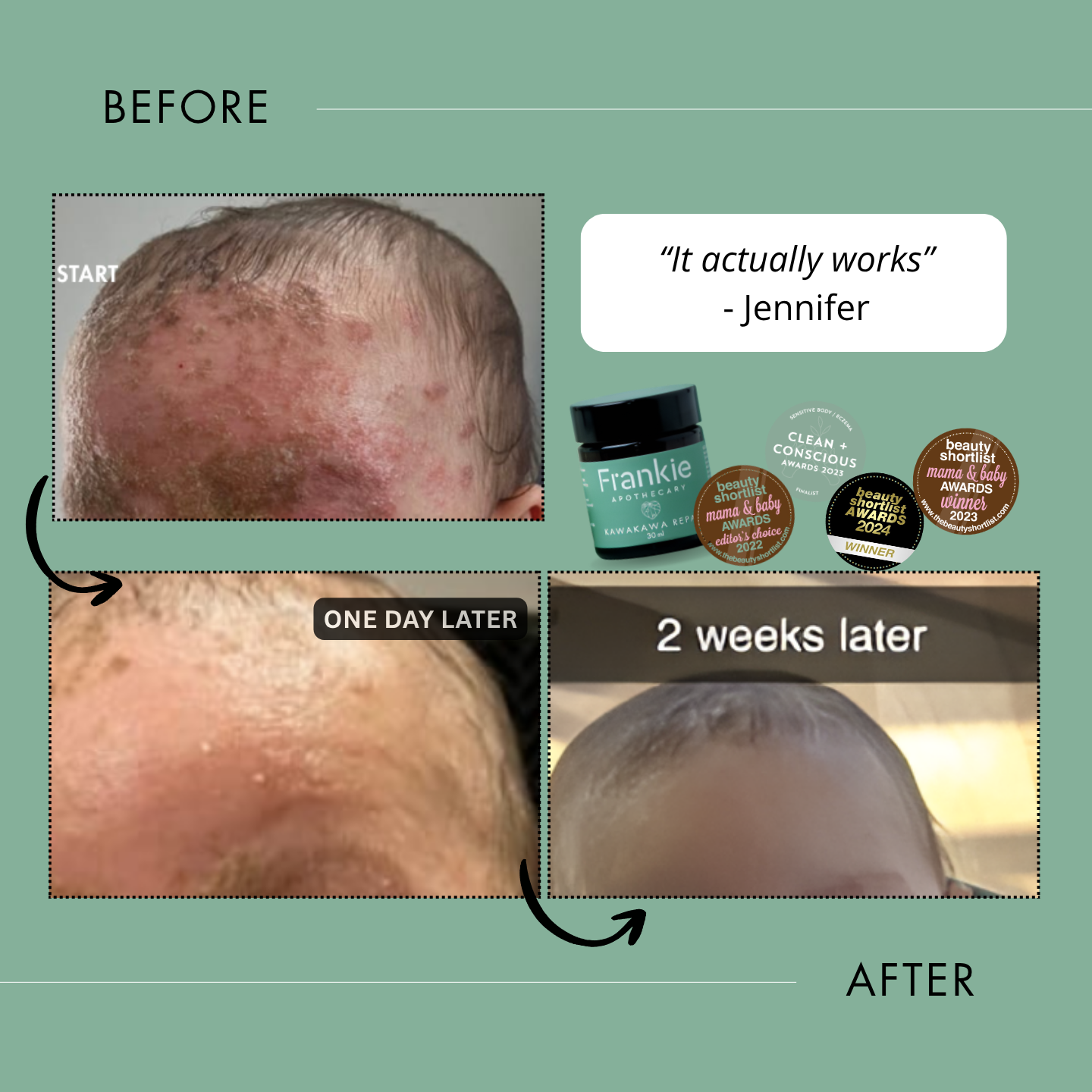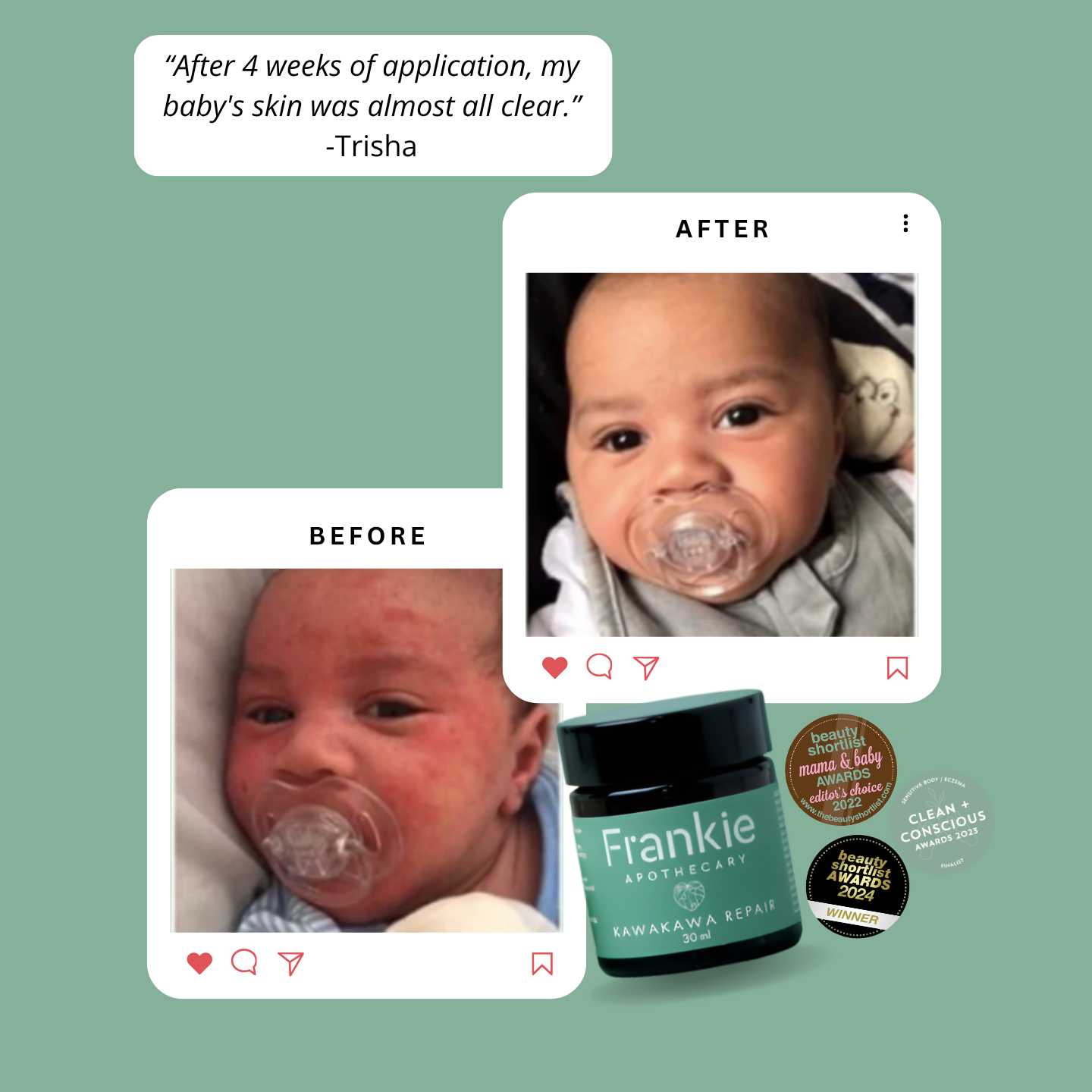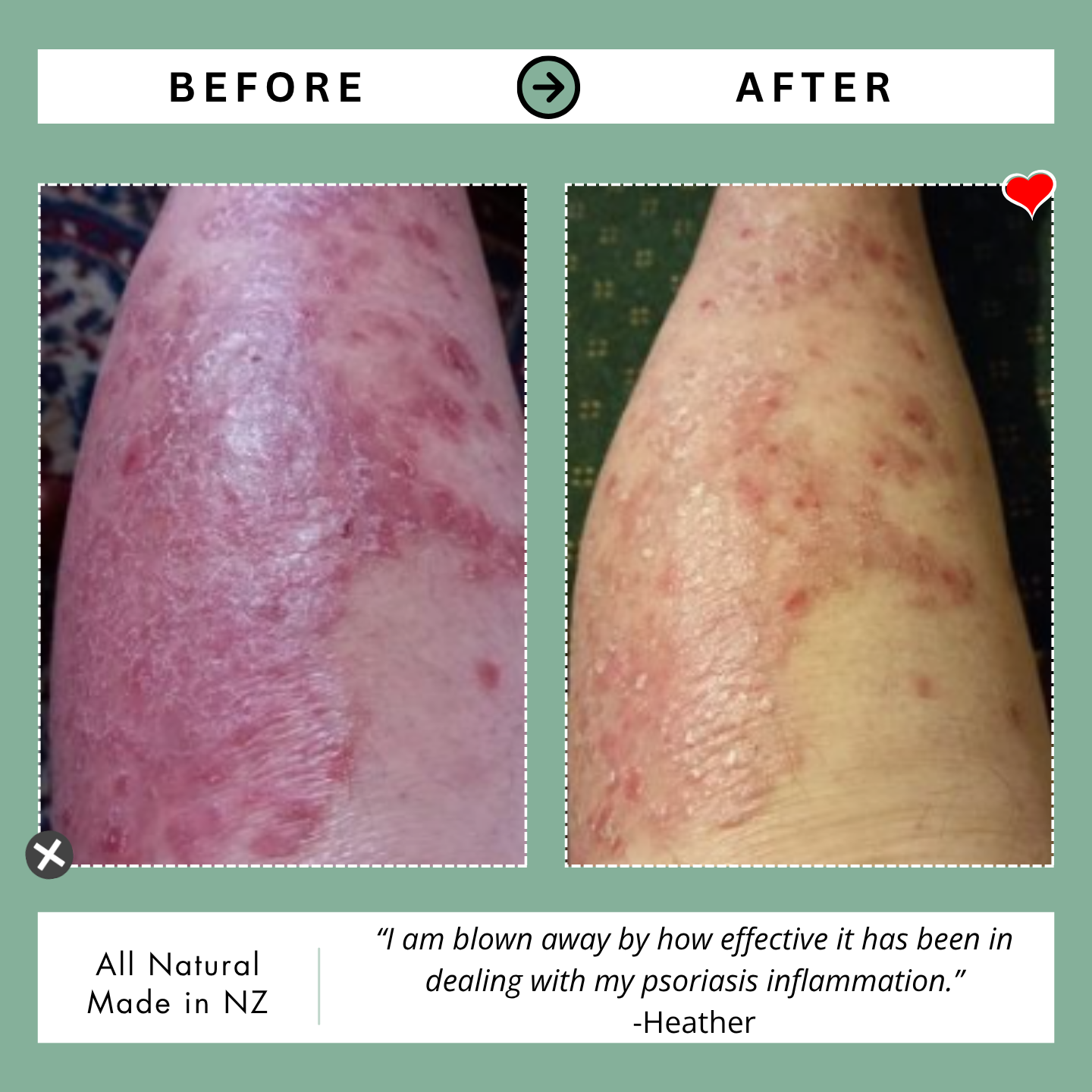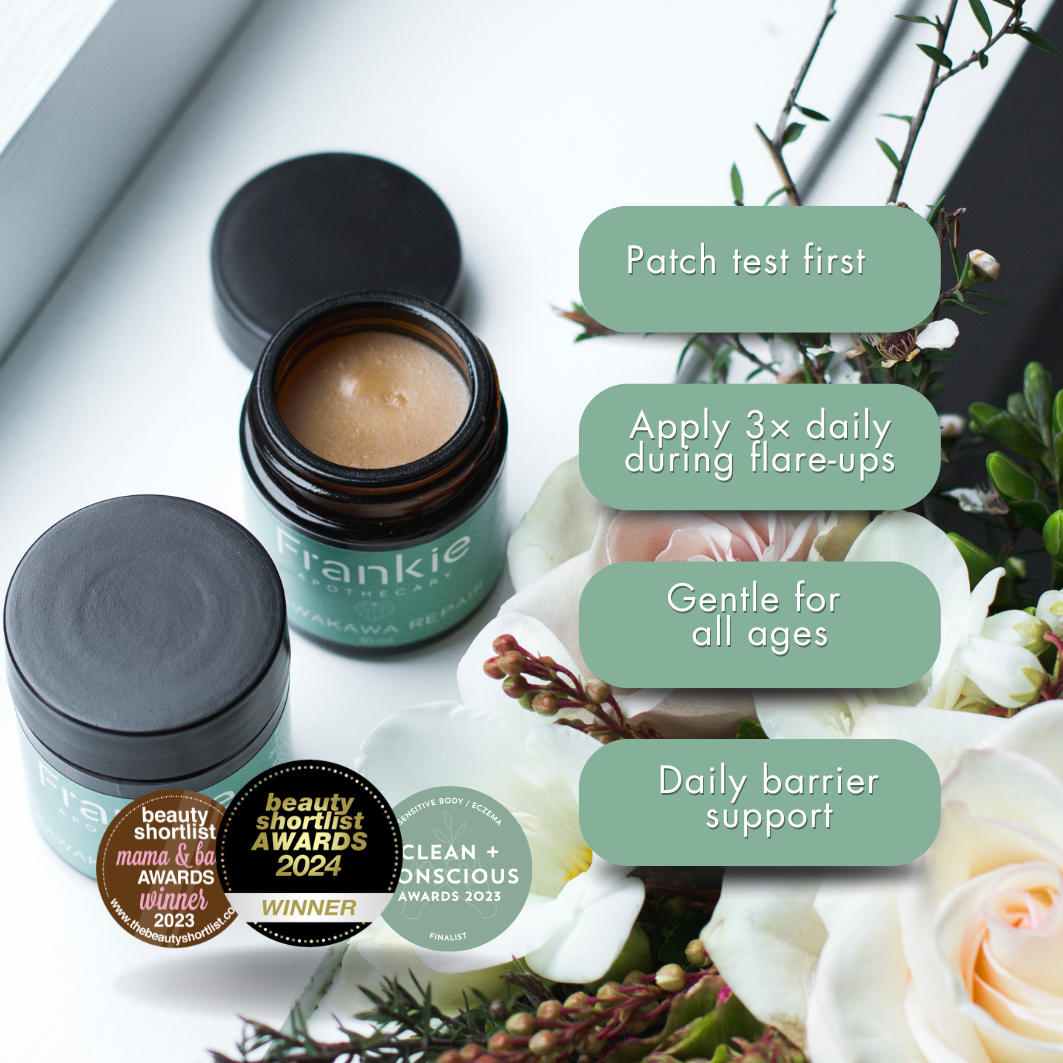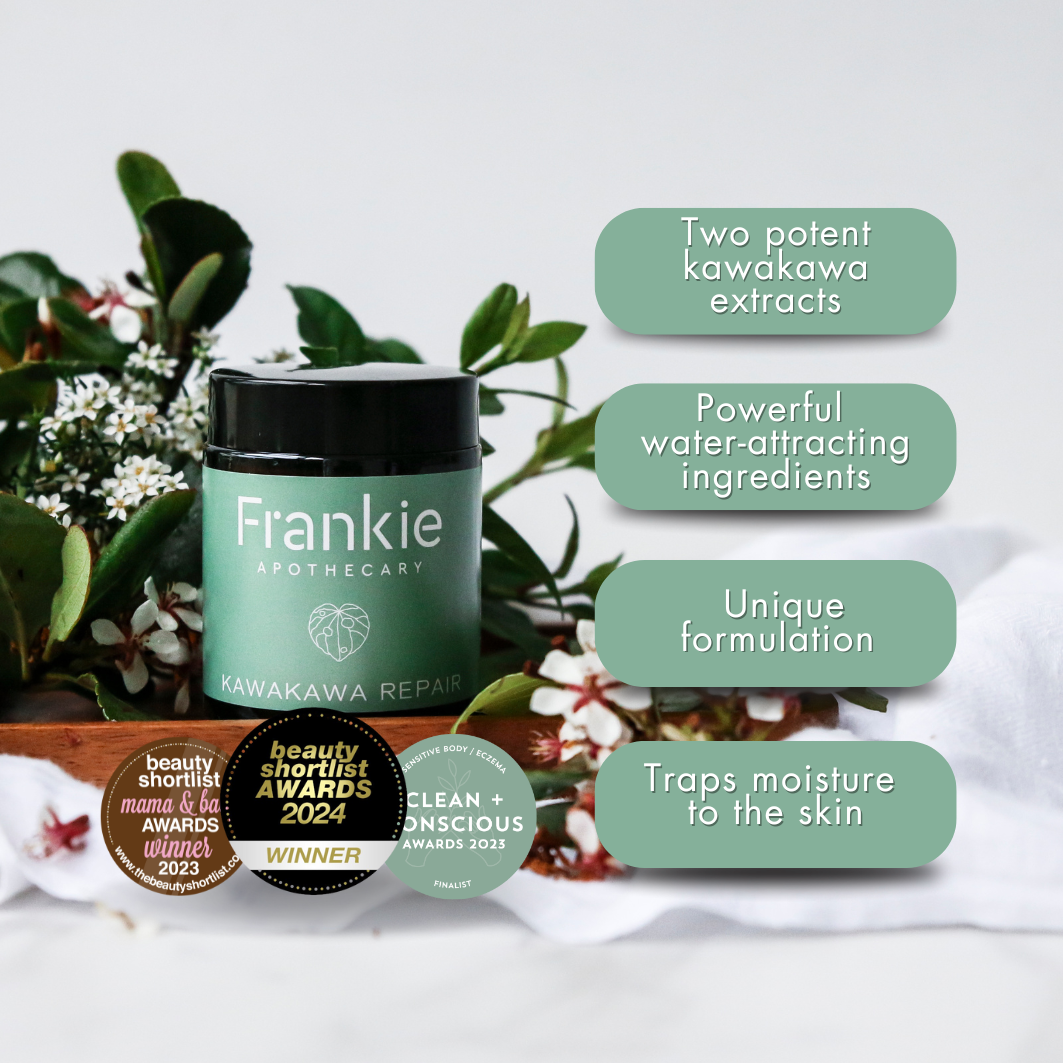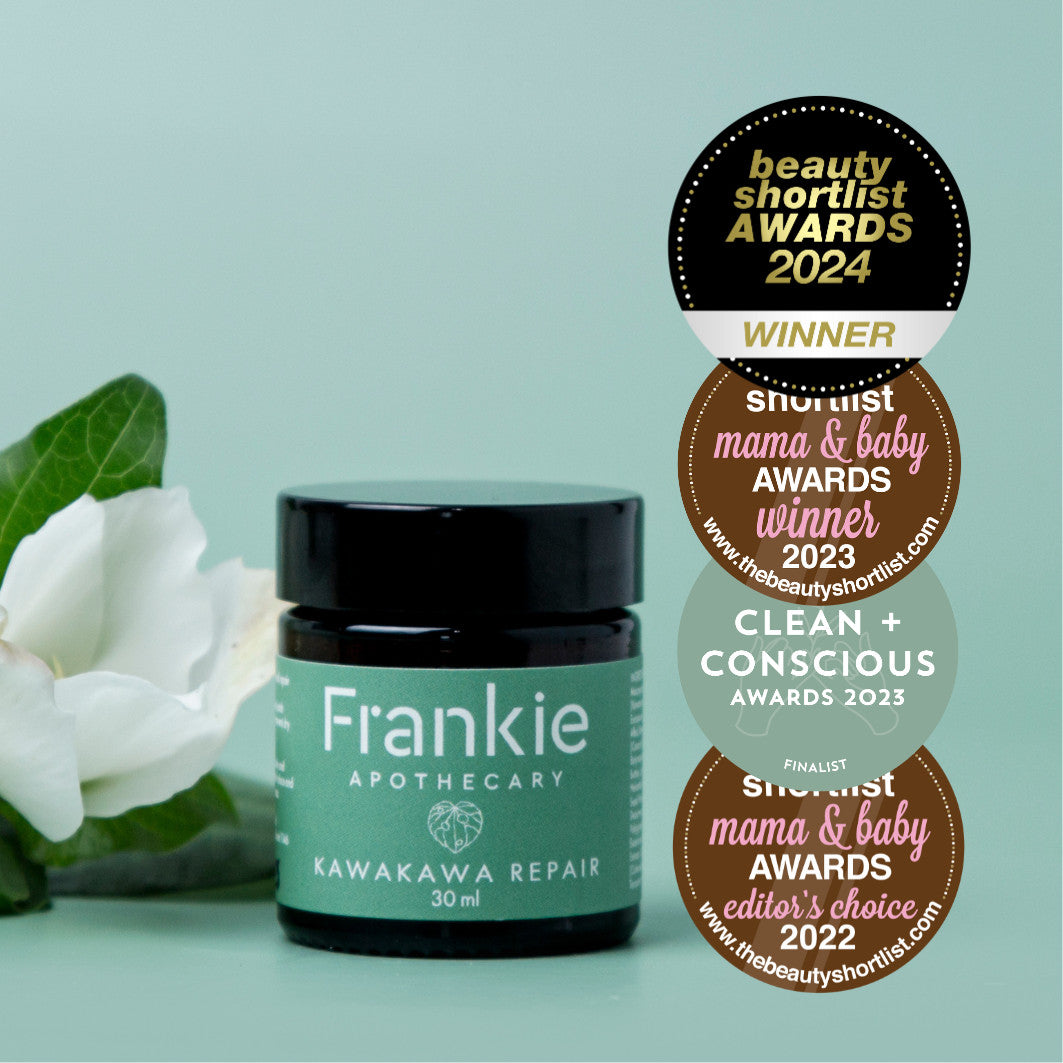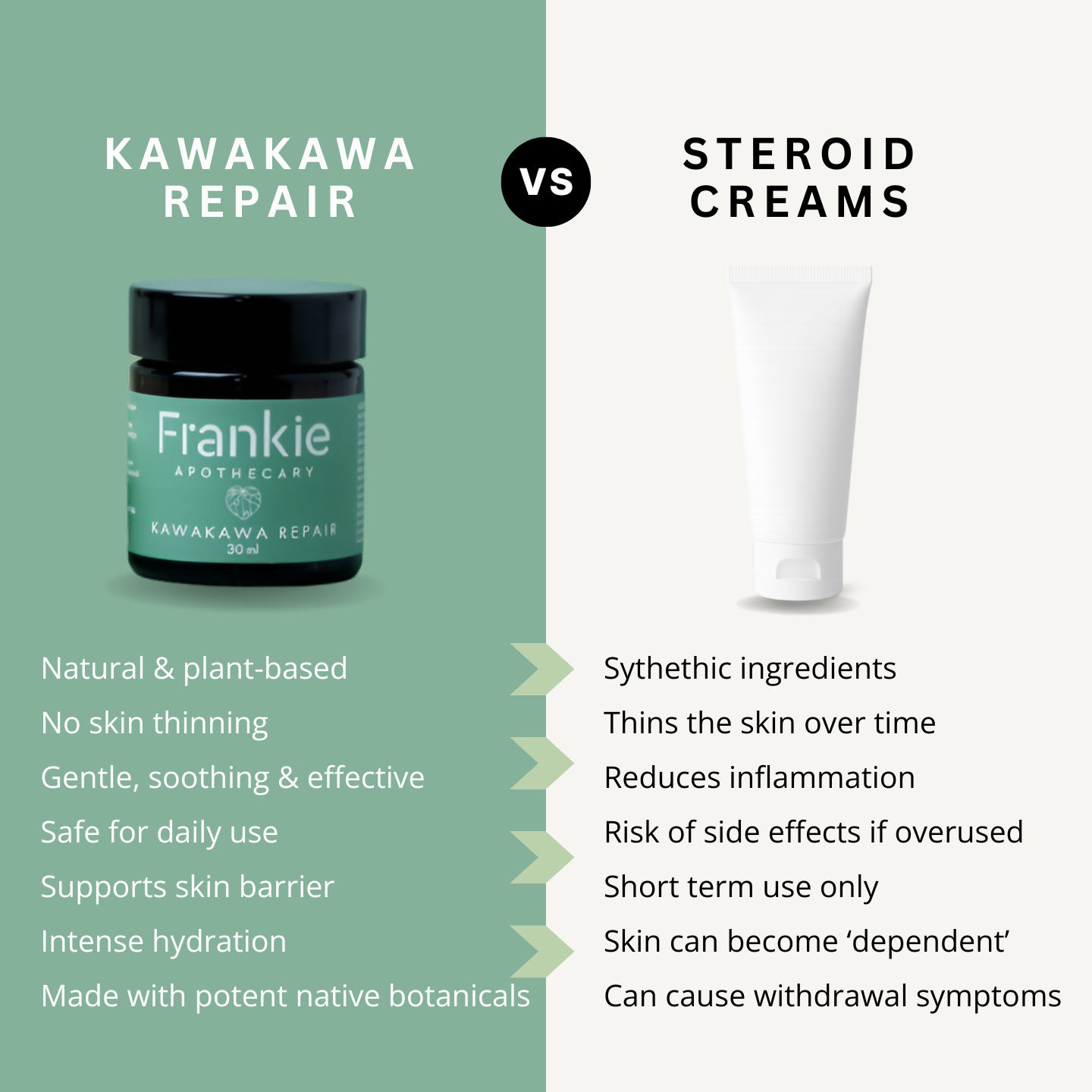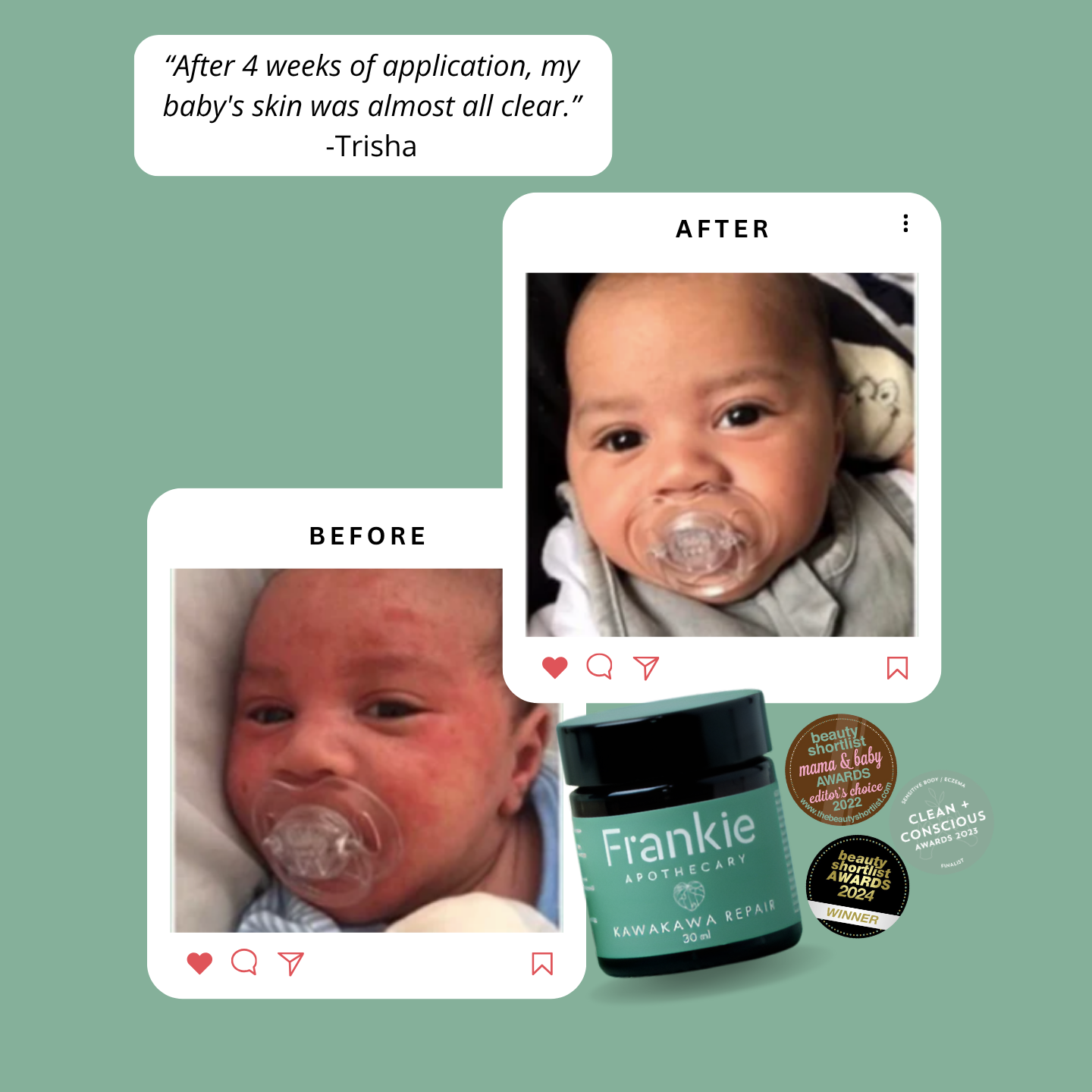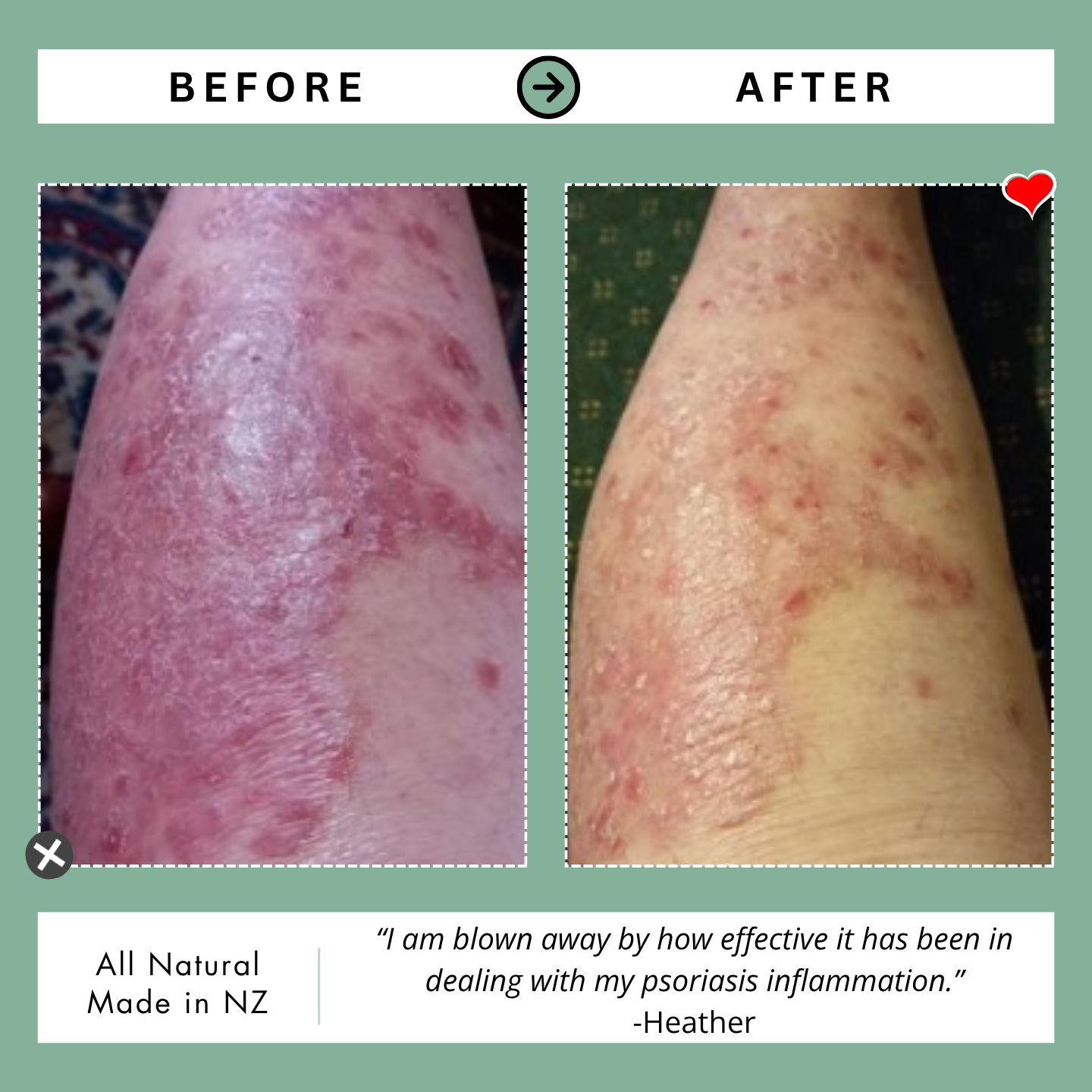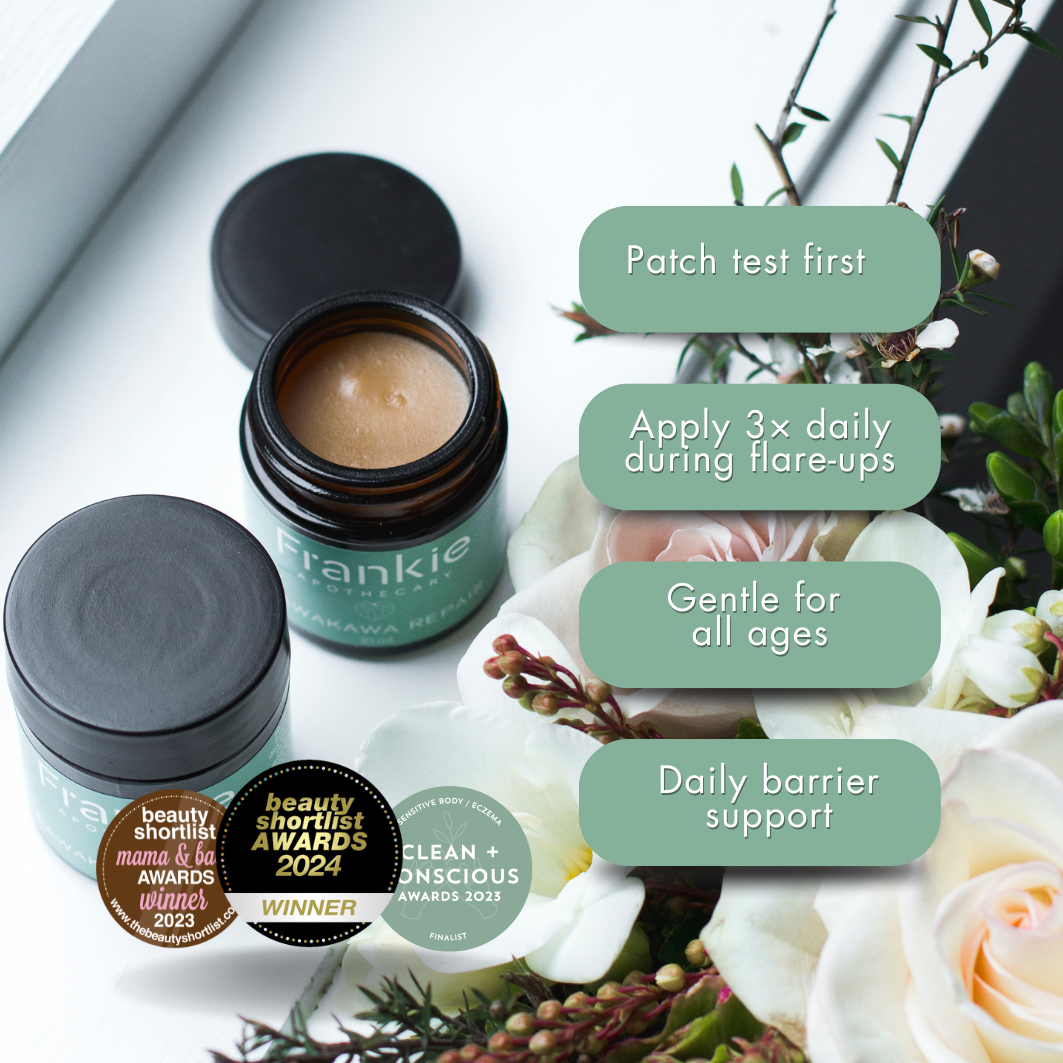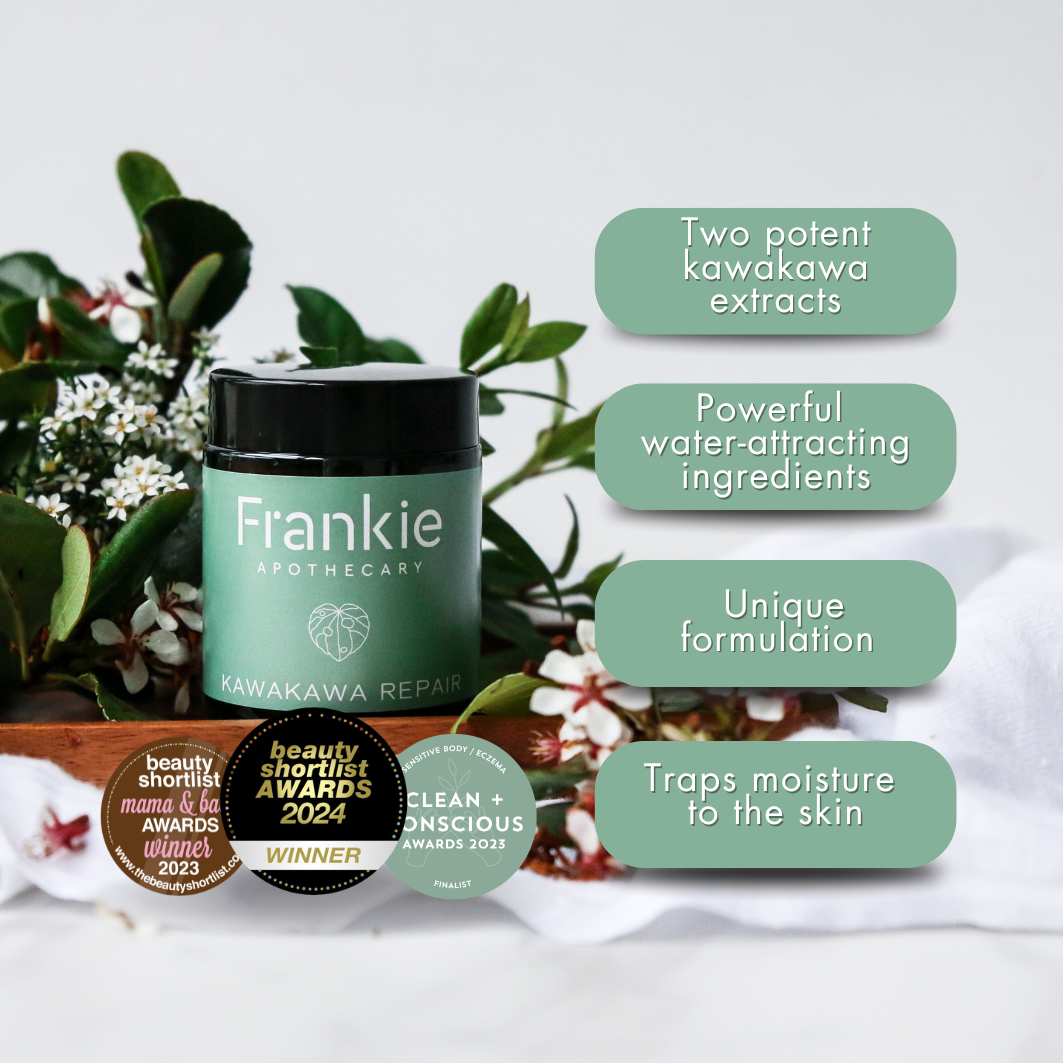What's not to love about summer? Those longer, warmer days, long weekends aplenty and more time to enjoy getting out and about in Aotearoa.
If you or your children are living with eczema, winter with its cold temperatures and layers of clothes with itchy tags and seams may truly feel like the itchiest season, as it brings so many triggers for those with sensitive skin. Summer may bring a blissful season of healthy unblemished skin and peaceful sleep.
But for many eczema sufferers, summer brings 4-6 months of skin irritation. And when it's hot and humid and sweat-inducing like it has been this year alongside high temperatures, it can be even harder.
One study found a third of children with difficult-to-treat eczema noticed flaring of their eczema in spring and summer. Blending heat with sunlight and salty sweat can really create an eczema cocktail ready to ruin those whānau days by the moana.
UV radiation is high this summer, so sunblock up!
In Aotearoa, we regularly experience high levels of UV over summer with the UV Index (which measures UV radiation intensity in the atmosphere) often reaching around 12-14 in the middle of the day. To give a bit of context, a UV Index level of 3 is enough to cause sun damage. In the UK hitting 8 is rare. This higher the UV Index, the higher the risk of sunburn and skin damage.
For children with eczema, finding a non-aggravating sunscreen can be tricky, as most sunblocks contain skin irritants which may be included as fragrances, preservative systems, and chemical sun filters. Octocrylene which is common chemical sun filter can cause a photoallergic reaction when the sunlight interacts with the chemical in the skin, meaning that after a while the skin can be irritated. This is quite different from a skin reaction to a preservative or fragrance which often occurs very quickly after contact with the skin.
Hot Tips:
- If you have an iPhone just tap the Weather App to see the daily UV Index.
- If you don't, you can visit the NIWA site here.
- As always, cover up, stay out of the sun during the hottest part of the day, and apply an effective sunscreen every two hours to exposed areas.
- The Eczema Association of New Zealand recommends that people with eczema choose a physical sunscreen which uses mineral sun filters. Mineral sunscreens sit on the skin rather than being absorbed, and provide a physical barrier layer which means they are more moisturising.
- Natural Sun Defence SPF40 uses plant-based ingredients and non-nano, marine friendly mineral sun filters so it’s gentle for sensitive skin and the precious marine environment.

Sweat is linked to increased eczema irritation
Higher summer temperatures (especially with the current high humidity) mean it's easier for children with eczema to get hot and bothered playing, and takes more sweating to cool their bodies down. One theory is that when sweat dries it leaves compounds on the skin which can cause itchiness. Sweat also includes natural moisturising factors which help regulate skin moisture, temperature and immune functions - and for most people these skin soothing compounds balance out the irritating compounds left by the drying sweat.
But many people with the most common form of eczema, atopic dermatitis, have impaired sweating, and their sweat contains lower levels of certain peptides which scientists think could reduce the skin's defense against bacteria and microbes.
Hot Tips:
- Wear loose fitting, natural, breathable fibres to keep the skin cooler.
- Change out of wet or damp clothing as soon as you can.
- If you’re heading to the beach, pack a damp cloth in a cooler bag to blot the skin and remove salt from the skin after sweating or swimming.
- You can also pack it next to an ice pack; the cool cloth will help cool the skin.
- Also, remember to stay hydrated to help keep skin moisturised from the inside as much as possible.
Chlorine & sea water
The drying effect of salt on the skin applies to swimming in seawater too, so make sure you rinse off straightaway after a swim.
Swimming in chlorinated pools, especially when chlorine is used at the levels required in public pools, can be drying and can increase the risk of contact dermatitis.
Hot Tips:
- After a swim, rinse pool water off straight away under a cool shower.
- You can also apply a barrier like Kawakawa Repair to protect skin while in the water, and reapply afterwards to help create a skin protective barrier.
- If you can, find out when chlorine was added to the pool and try to avoid swimming straight after.

Eczema and airborne pollens & allergens
Airborne irritants are a biggie during spring and summer when pollens are higher in the environment. All allergens trigger a histamine release, leading to a histamine response, which can cause irritation and itchiness.
Hot Tip:
Apply Kawakawa Repair Balm to skin in sensitive areas as a protective barrier to reduce the likelihood of environmental allergens irritating the skin.
Boosting Vitamin D to prevent eczema flare ups
Vitamin D has been shown to play a key role in how the body handles inflammation so it’s important to ensure that your child with eczema gets enough.
“Vitamin D is known to have a regulatory influence on both the immune system and skin barrier function, [which are] both critical in the pathogenesis of eczema.”
Hot Tips:
- The most effective way is to boost your Vitamin D level is with exposure to sunlight - even 15-20 minutes can give your body a good dose, but be careful that the exposure doesn't lead to sunburn (so check that UV Index first, and avoid peak burn times!). You can choose to spend time outside for 15 minutes every third day, and apply your sunblock afterwards. Because our sunblock is a mineral sunscreen you don't have to wait for a chemical reaction to happen before you get protection; it's an instant UV barrier.
- If this isn’t possible, choose a good supplement like Be Pure’s Liquid Sunlight.
Thanks to Raj Rana for the action-packed pool image.


